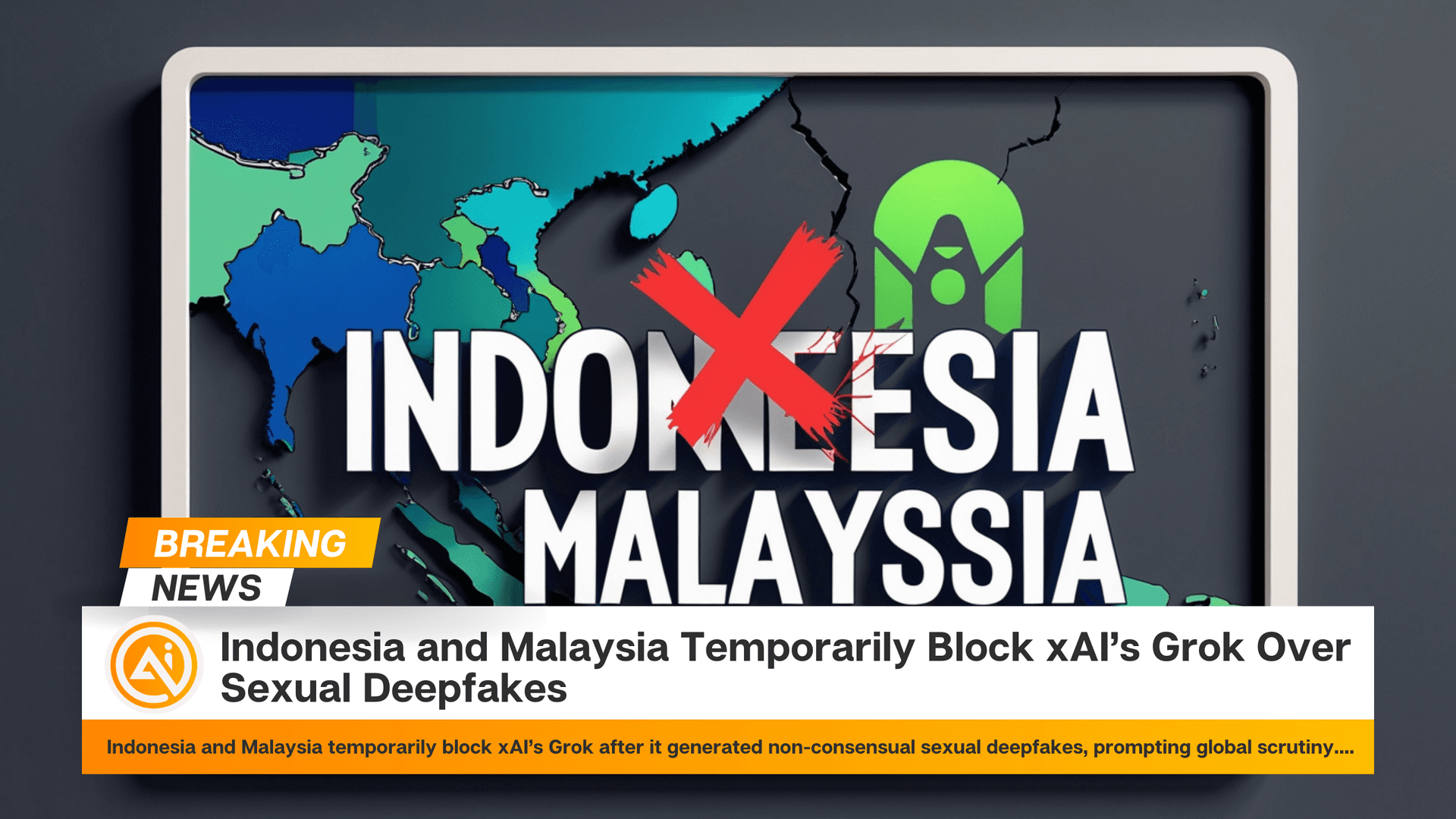Google rolled out three notable Gemini updates on Monday. First, the Gemini app now accepts audio files, a feature Google Labs vice president Josh Woodward called the “#1 request.” Free users can upload up to 10 minutes of audio and use five prompts per day, while AI Pro or AI Ultra subscribers can upload clips up to three hours long. Any prompt can include up to 10 files across multiple formats, including ZIPs.
Second, Google Search’s AI Mode adds five languages—Hindi, Indonesian, Japanese, Korean, and Brazilian Portuguese—thanks to deeper integration of Gemini 2.5 with Search. The expansion lets people ask complex questions in their preferred language. Third, NotebookLM can now generate reports in varied tones and styles based on a user’s uploaded documents and media, with support for 80+ languages.
Standard outputs include study guides, briefing documents, blog posts, flashcards, and quizzes, and users can choose a self-defined format and adjust structure, tone, and style. Google says the report styles feature should be fully available by the end of this week. While the Gemini app is only now gaining audio, NotebookLM already supported audio inputs and has been positioned as a research tool that can surface patterns across mixed file types.
Taken together, the changes broaden how Gemini products ingest, organize, and express information, from long audio uploads to multilingual answers and customizable document synthesis. The update arrives amid a rapid cadence of AI releases. In August, Gemini began automatically recalling user details and preferences from past conversations to personalize responses.
Also in August, Google opened access for free users to Workspace’s video creation app Vids. In September, Google Photos upgraded to the Veo 3 video generation model and enabled free users to create silent four-second videos from their still images.
By pairing audio ingestion in the Gemini app with multilingual Search and flexible reporting in NotebookLM, Google is trying to make its AI assistants more useful for everyday tasks—transcribing and analyzing recordings, asking nuanced questions in far more languages, and turning source material into study aids or briefings without heavy manual formatting.




